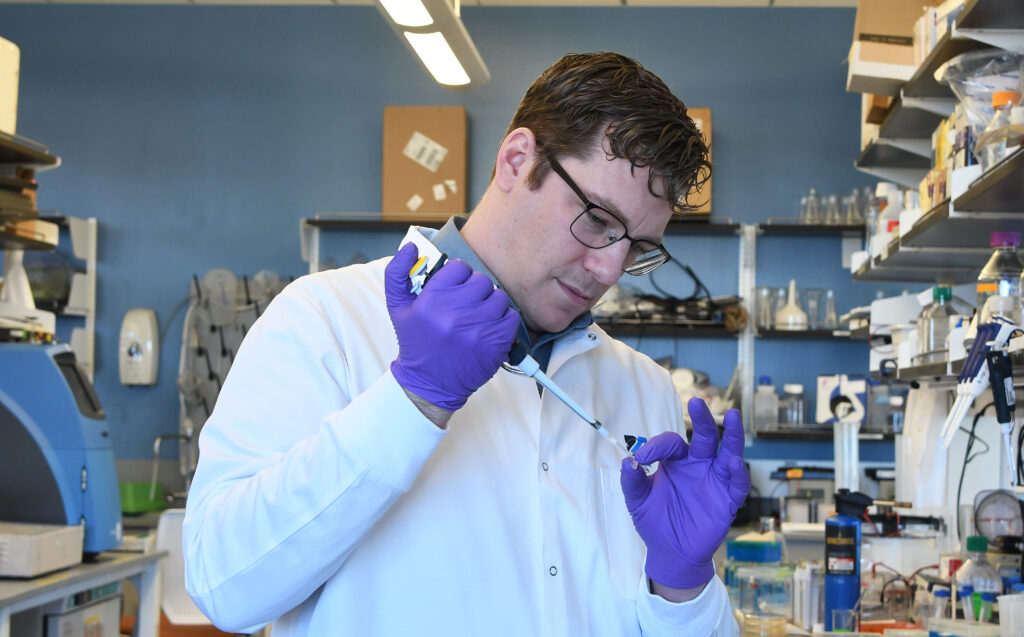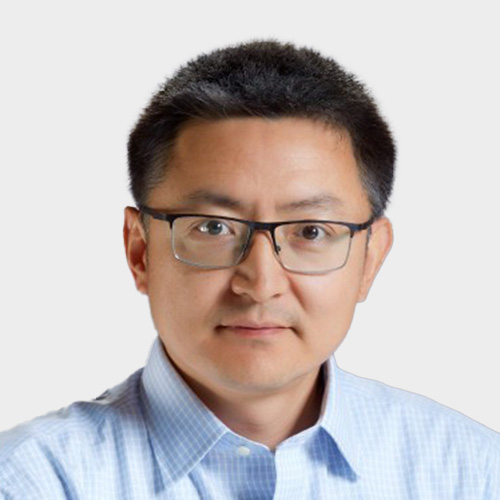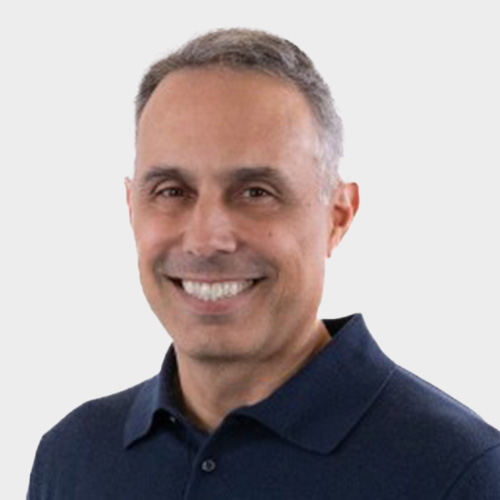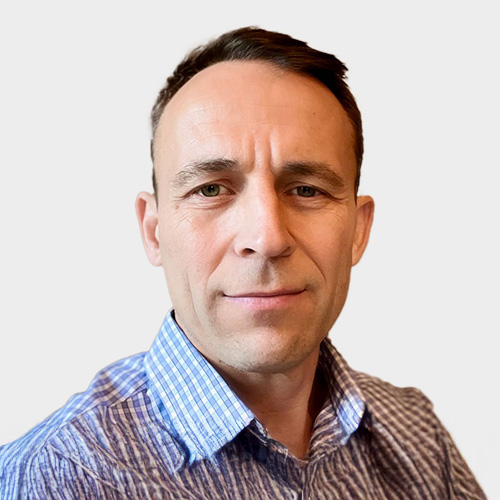Your template, period. No writing. No erasing. No artifacts.
Learn how Canal’s TrueLink™ NGS technology safeguards your template without the need for end repair.
PROBLEM STATEMENT
Next-generation sequencing (NGS) template preparation involves both "writing" and "erasing" steps that compromise the integrity of native genomic and epigenetic signals and introduce uncertainties in results.
- As genomic profiling enables an era of precision medicine, including applications in oncology diagnostics, liquid biopsy screening, and minimal residual disease (MRD) monitoring, preserving the authenticity of the original DNA becomes critical.
- NGS library preparation is a pivotal step that converts biological samples into sequencing-ready material.
- However, current library preparation protocols introduce significant template alteration during end repair/A-tailing, rewriting and erasing parts of the original material. This process brings uncertainties to the detection of rare disease-causing genomic events, and limits accuracy of downstream analyses.
TECHNOLOGY
TrueLink™ - Library prep without end repair
Canal’s proprietary TrueLink™ technology directly attaches sequencing adaptor. With no writing and erasing, TrueLink safeguards your DNA template and unveils the true genomic insights.

PRODUCTS
DISTAL-seq
Increasingly rich and sensitive assays such as liquid biopsy and methylation sequencing have the potential to improve cancer detection.
However, the end repair and A-tailing (ER/AT) steps in virtually all sequencing library prep introduce mutations and obscure methylation at fragment termini, compromising clinical sequencing reliability, especially in sensitive applications like minimal residual disease (MRD) detection.
DISTAL-methyl-seq
Increasingly rich and sensitive assays such as liquid biopsy and methylation sequencing have the potential to improve cancer detection.
However, the end repair and A-tailing (ER/AT) steps in virtually all sequencing library prep introduce mutations and obscure methylation at fragment termini, compromising clinical sequencing reliability, especially in sensitive applications like minimal residual disease (MRD) detection.

Placeholder
Product Benefits

Placeholder
Product Benefits
ABOUT CANAL BIOSCIENCES
Canal Biosciences is located in the canal district of Lowell, Massachusetts.
Lowell Canals powered the city’s textile industry in the past.
Canal Biosciences’ mission is to deliver high-fidelity NGS workflows to power the high-precision NGS applications of the future.






